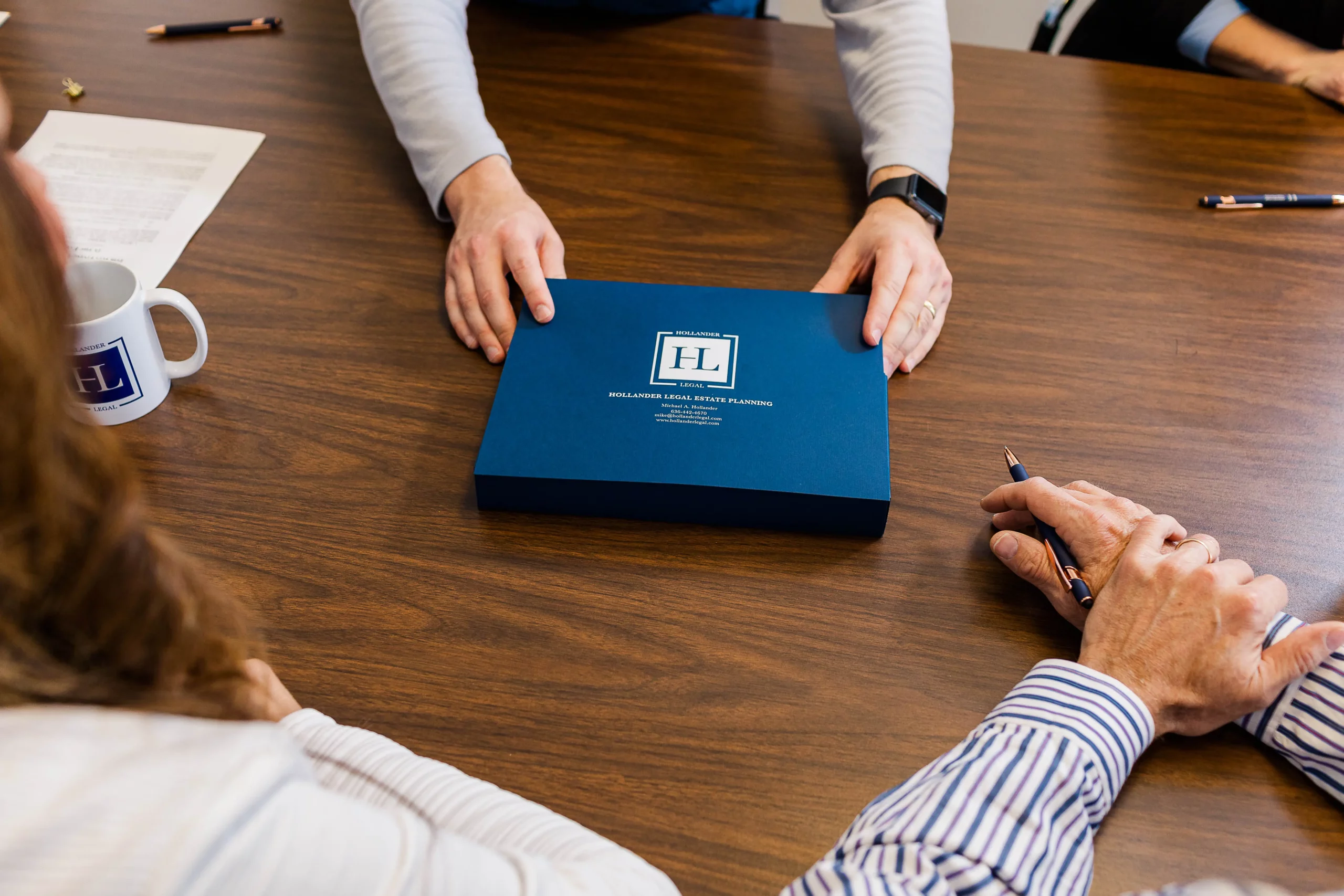Trusts
Taking action with the right team by your side is critical to the success of your case. Get started with Case Evaluation.
Chris B.
I contacted Attorney Mike Hollander to put together a comprehensive estate plan for my family, he prepared a trust, will, and power of attorney documents. I met with him one time at his St. Charles office and the process could not have been any smoother.
Tyler & Andrea L.
I contacted Mike at his St. Charles office to do an Estate Plan for my family including a Trust and Wills. He is really easy to work with and I will definitely be using him for any attorney needs I may come across in the future.
Vicci G.
Michael was professional and very helpful in answering questions about how to handle trust with properties in various states and LLC.
Trusts
A trust is a legal entity that will enable you to pass your estate and assets on to your children. There are many types of trusts to suit a variety of objectives and estates. Hollander Legal will help you choose the best option for your circumstances so your family’s assets are protected from creditors and taxes. By including a trust in your estate planning process, your children will avoid the cost and time associated with the probate process.
For example, the most common trust is a living trust, where you are both the trustor (or owner) and trustee of the assets held in the trust while you are alive. After you pass away, the trust will be distributed to the beneficiaries as you have specified.
Revocable Trusts
A revocable trust, or living trust, is a legal arrangement where a person transfers their assets into a trust during their lifetime. The grantor retains control and can modify or revoke the trust. It allows for asset management, desired distribution after death, and avoids probate. Revocable trusts also provide privacy as the distribution remains private.
Irrevocable Trusts
An irrevocable trust is a legal arrangement where the grantor transfers assets into a trust, giving up control and the ability to modify or revoke it. It is commonly used for estate planning, asset protection, and tax purposes. Once established, the terms generally cannot be changed without beneficiary consent. Irrevocable trusts offer potential benefits such as reducing taxable estate and protecting assets from creditors, but it’s crucial to consider the loss of control involved.

Contact Us today about your Trusts
Briefly explain your circumstances and a member of our team will return your inquiry as soon as possible.
Hollander Legal Estate Planning & Probate
Hollander Legal Estate Planning & Probate
Still Have Questions?
If the value of your estate is $100,000 or more, a trust should be considered.
The trustee is the individual responsible for distributing the assets. Depending on your situation, the owner of the trust or one of its beneficiaries can be made the trustee.
A trust will help your beneficiaries avoid probate court and will protect your assets from taxes.
Yes, a proper estate plan includes both a will and a trust.
A trust is a legal arrangement that allows a trustee to manage assets on behalf of a beneficiary. The trustee is responsible for managing the assets according to the trust’s terms and distributing the support to the beneficiary.
Creating a trust can provide several benefits, including asset protection, tax benefits, and control of how your assets are managed and distributed.
There are several types of trusts available, including revocable trusts, irrevocable trusts, living trusts, and testamentary trusts. Each type of trust has advantages and disadvantages, depending on your specific needs and goals.
While it is possible to create trust on your own, it is highly recommended that you work with an experienced attorney.




